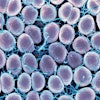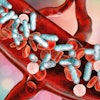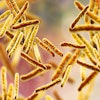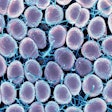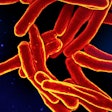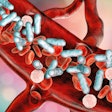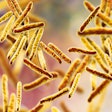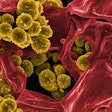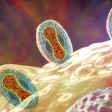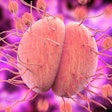Dear LabPulse Member,
We all got some bad -- but very predictable -- news this past weekend when President Donald Trump announced that social distancing guidelines would be extended through April 30.
Trump recently indicated that we might be able to gather together in celebration of the Easter holiday on April 12, but that prediction had seemed wildly optimistic, especially to those of us in states living under lockdown and with reports about the toll the novel coronavirus is taking in New York. Distance is our new normal -- we are alone together in fear.
One bright spot is the volume of SARS-CoV-2/COVID-19 tests being approved by the U.S. Food and Drug Administration. As of March 30, the agency said that 20 tests have been approved through its emergency use authorization process. Abbott's newly approved ultrarapid molecular point-of-care test for the novel coronavirus featured prominently in the U.S. coronavirus task force press briefing on March 29 as a critical part of the nation's response to SARS-CoV-2. Positive results are available in as little as five minutes and negative results in 13 minutes, according to the company.
Molecular point-of-care tests like this one require less technical expertise and are very well-suited for deployment during the pandemic, though a variety of system types will be needed, noted Justin Saeks, an analyst with Kalorama Information, in a review of the space.
Meanwhile, scientific researchers continue to probe the origins of the novel coronavirus using bioinformatics, as well as the ways in which it manifests in humans. Some data suggest that pangolins, also known as scaly anteaters, can be intermediate hosts for the transmission of bat coronaviruses to humans.
In addition, researchers reported that patients continue to shed SARS-CoV-2 after symptoms have disappeared. This may have implications for knowing whether patients are still contagious after an apparent recovery, according to the report, which was recently published in the American Journal of Respiratory and Critical Care Medicine.
The pandemic has had a big impact on our day-to-day work lives. Major conferences -- or at least in-person versions of these events -- are being canceled, including the College of American Pathologists (CAP) Leadership Summit and House of Delegates meeting in May and the American Society of Clinical Oncology meeting in June. CAP has been lobbying for a waiver from CLIA regulations that would give pathologists temporary flexibility in terms of where they work and conduct remote readings. The waiver has now been granted, and once that door to telemedicine has been opened, it may be hard to shut, pandemic or no pandemic.
